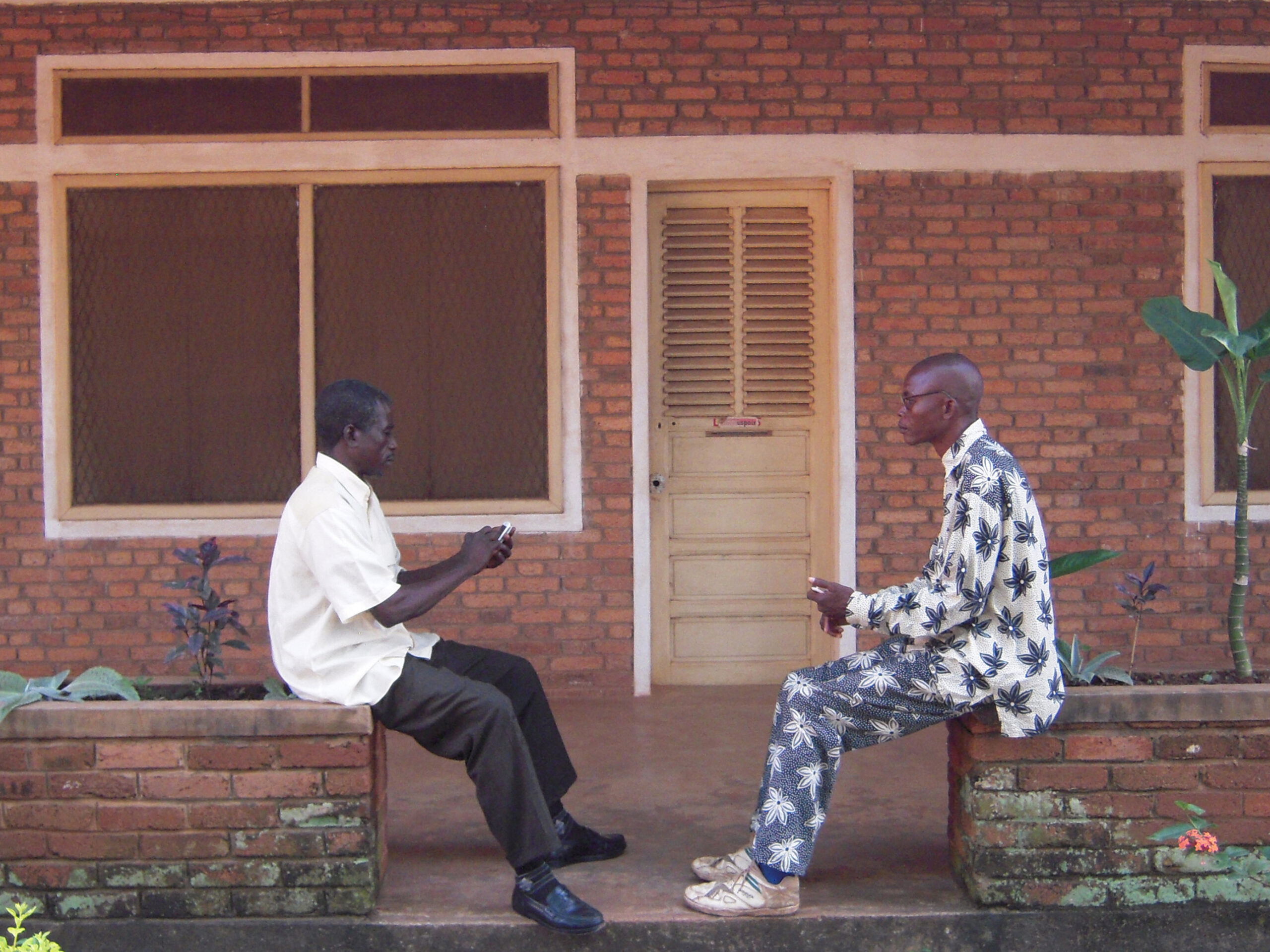An Effective Data Solution for Limited Connectivity
KoboToolbox is the most widely used primary data collection tool in the nonprofit sector. It is used by multiple branches of the United Nations, the World Food Program, the International Rescue Committee, the International Federation of Red Cross and Red Crescent, Save the Children, Médecins Sans Frontières, and much more. It is a free and open source platform in use in almost every country in the world.
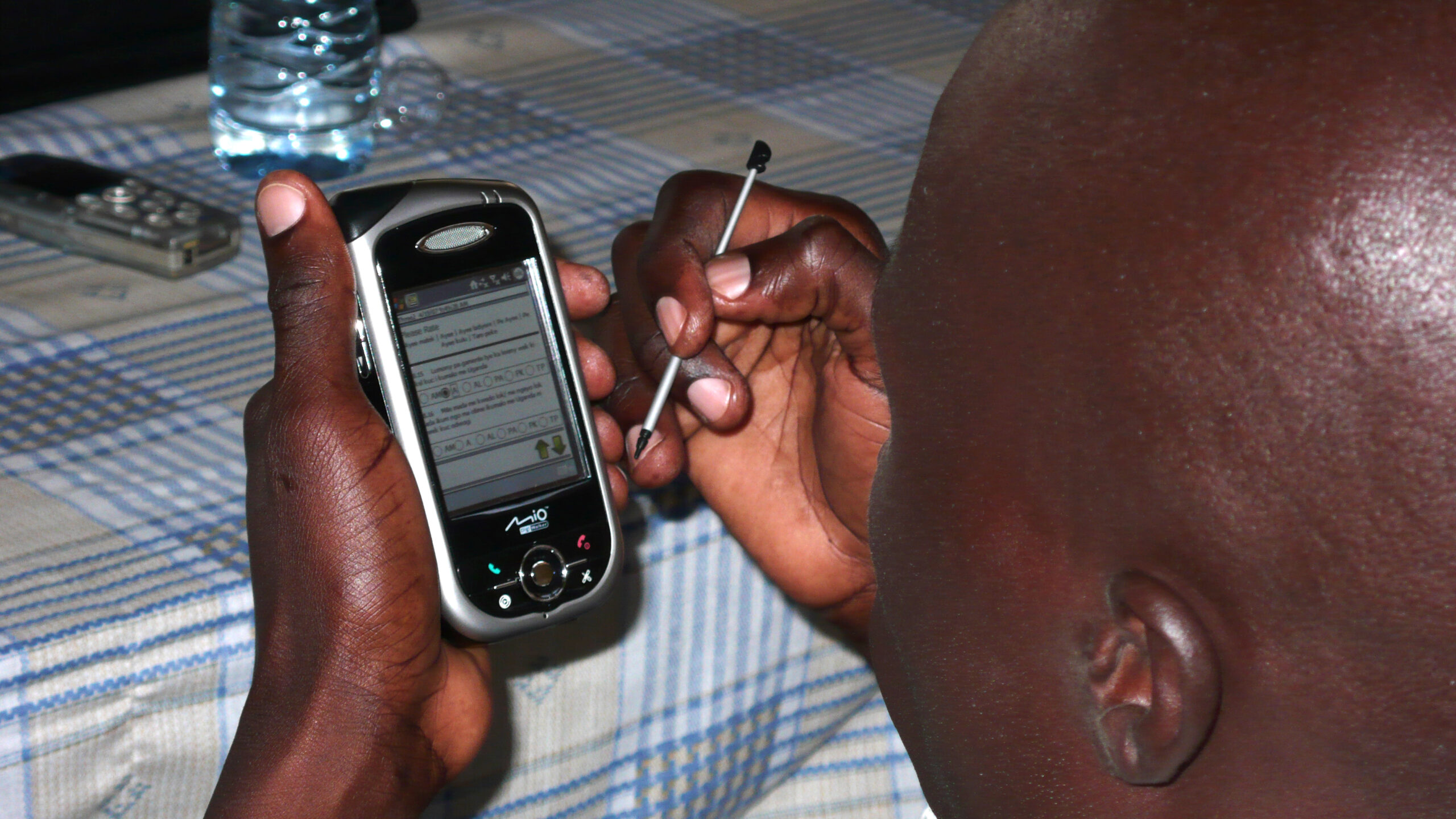
Researchers at the Human Rights Center began working with several programmers to design and develop a Personal Digital Assistant collection process that would permit the collection of geo-coded data in challenging field-based settings. Drawing from a number of synchronous open source projects, they created “Kobo” in 2005, a mobile data collection system designed to collect, upload, and transfer data from the field in a centralized and secure manner. Kobo’s primary goal was to facilitate human rights investigations and transfer data from individuals experiencing violence to policy and decision-makers. “Kobo” comes from the Acholi word for “Transfer.” Acholi is a prominent language spoken throughout northern Uganda, where we first piloted the use of personal digital assistants to collect information on attitudes about peace, justice and social reconstruction. Upon successfully implementing the project, our team received a three year grant from the The John D. and Catherine T. MacArthur Foundation to further develop the portable, cost-effective, and time-saving technology. Kobo was officially launched in January 2009, and was used in our surveys in Northern Uganda, Liberia, and the Central African Republic.
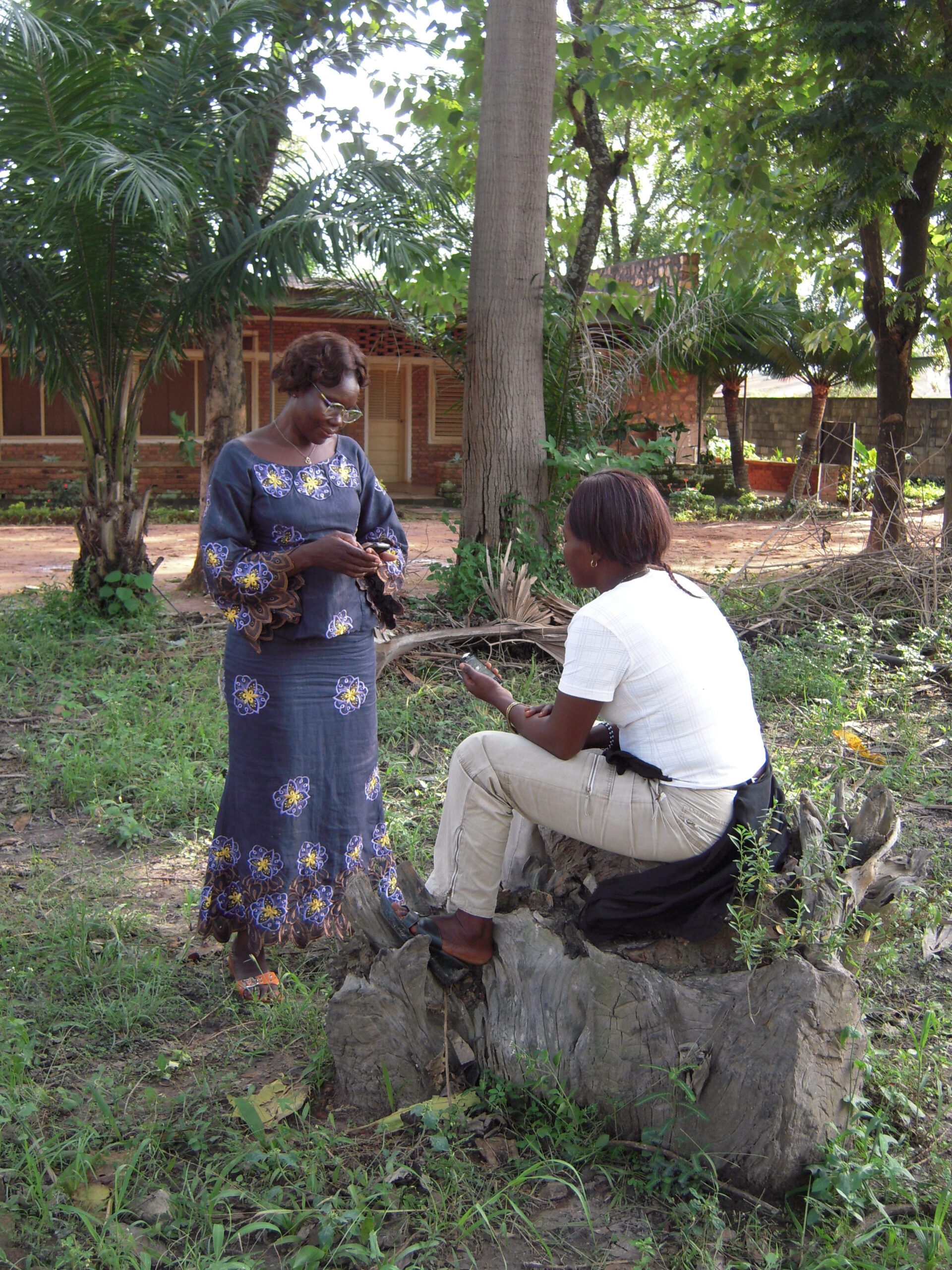
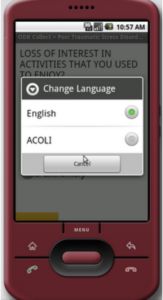
It is possible to change languages in Kobo at any time. In this 2009 screenshot, the available languages for the Uganda study were English and Acholi.
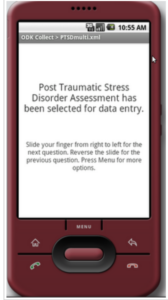
The Post Traumatic Stress Disorder Assessment was one of several sets of questions used in our studies. It asked participants to rate a series of situations on a sliding scale.
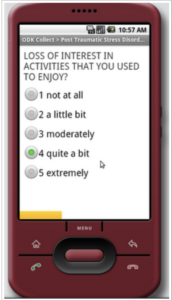
One of the questions asked in the English version of the 2009 PTSD survey, asking respondents their loss of interest in activities they used to enjoy.
Publications
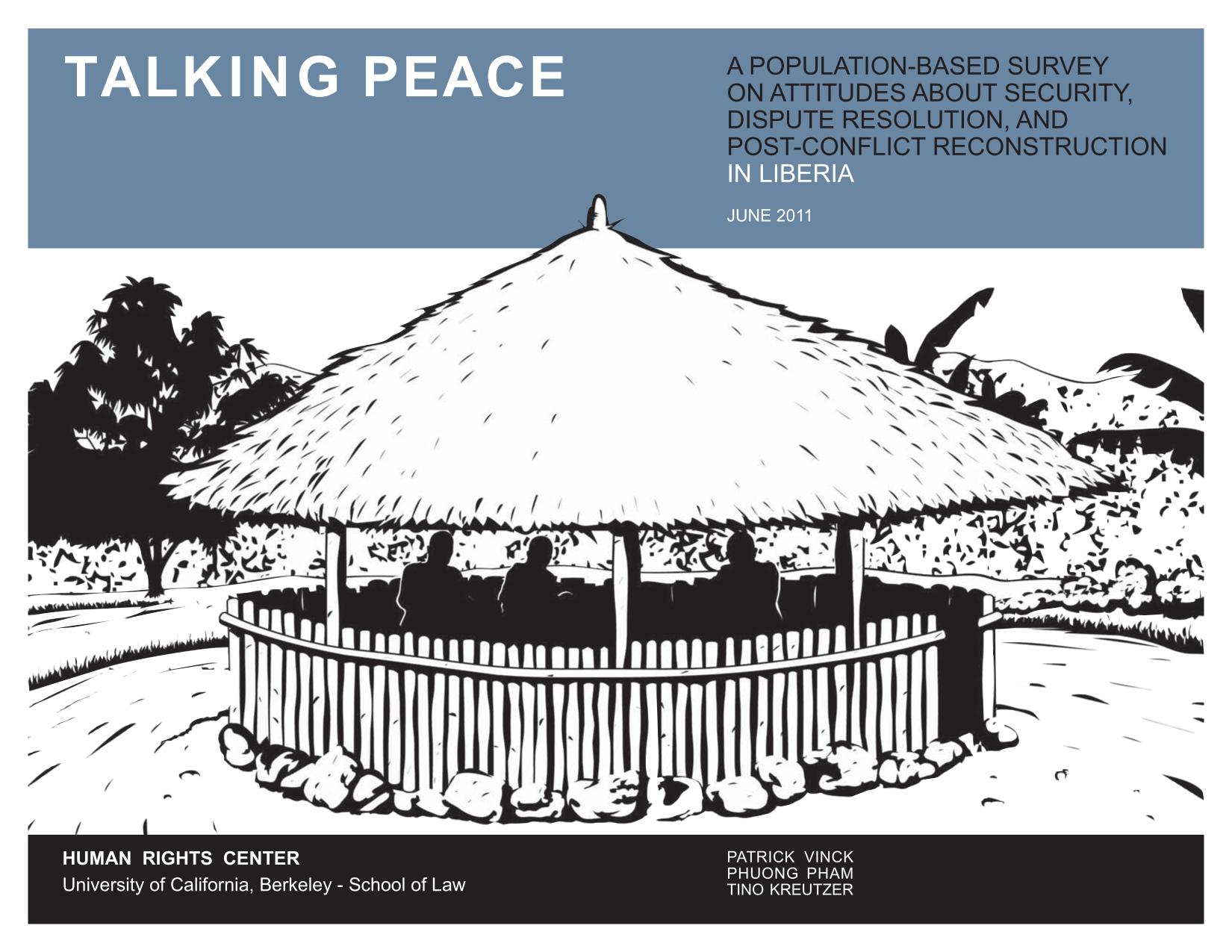
May 31, 2011
Talking Peace: A Population-Based Survey on Attitudes about Security, Dispute Resolution, and Post-Conflict Reconstruction in Liberia
View Publication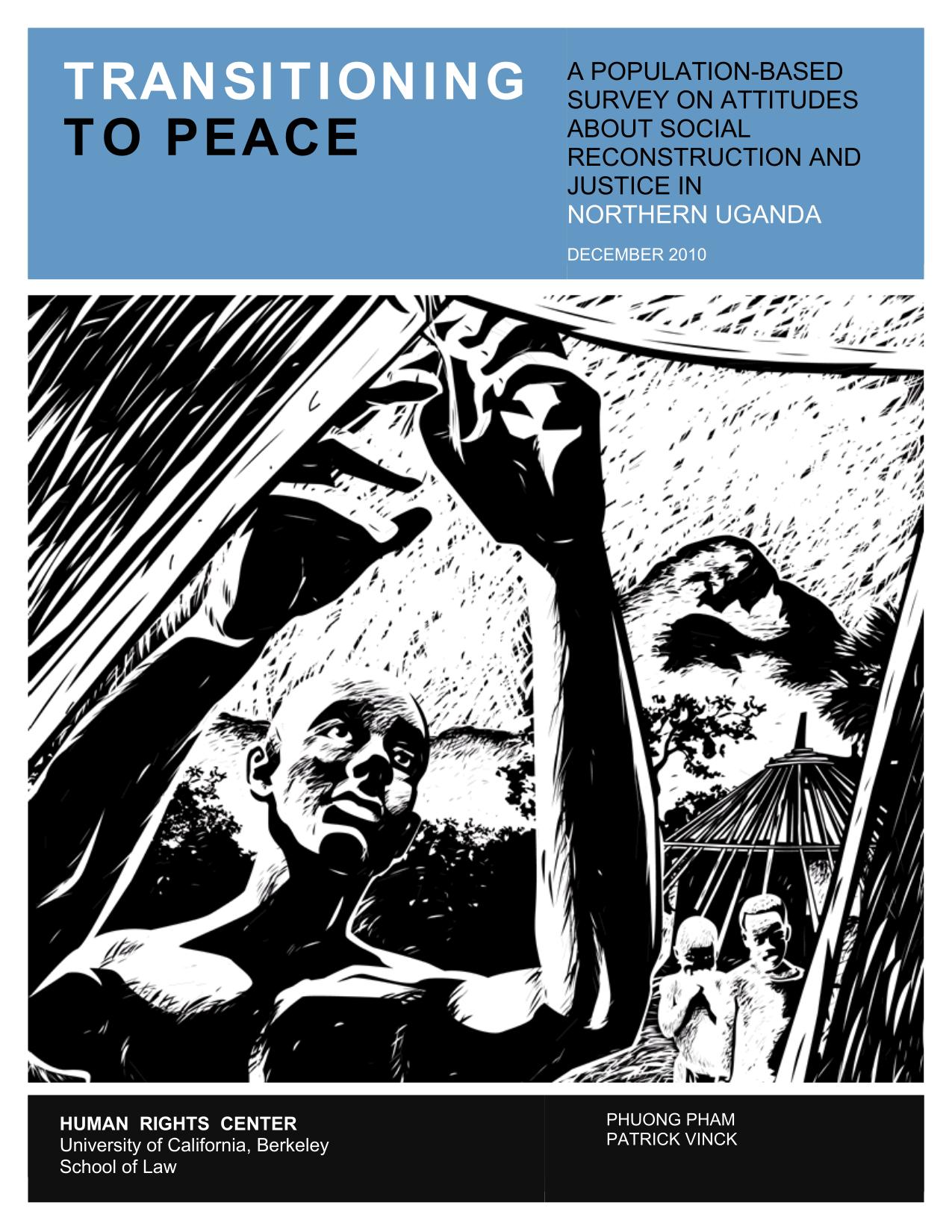
Nov 30, 2010
Transitioning to Peace: A Population-Based Survey on Attitudes about Social Reconstruction and Justice in Northern Uganda
View Publication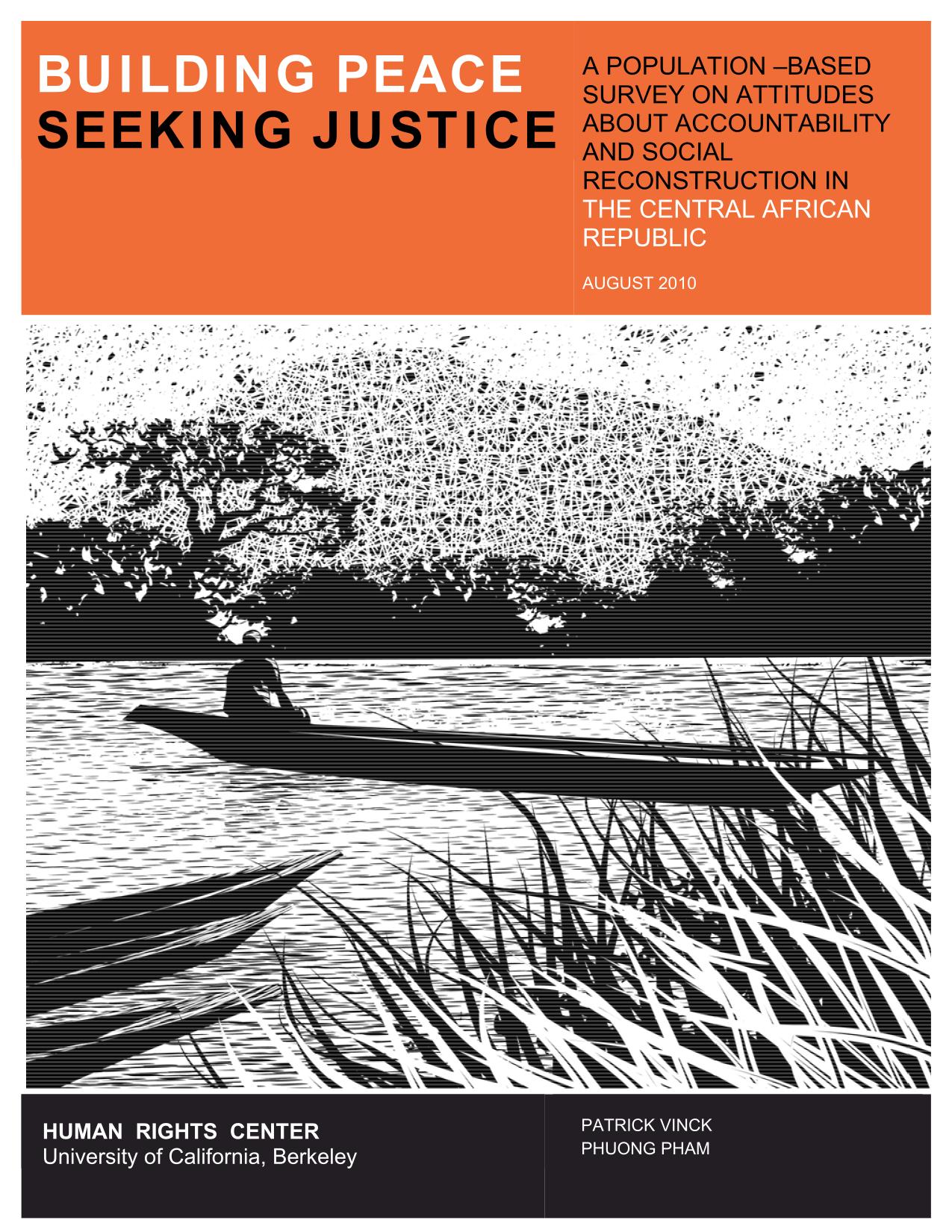
Nov 30, 2010
Building Peace, Seeking Justice: A Population-Based Survey on Attitudes about Accountability and Social Reconstruction in the Central African Republic
View PublicationThe Human Toll of Violence in the Central African Republic
The John D. and Catherine T. MacArthur Foundation, who generously supported “Building Peace, Seeking Justice: A Population-Based Survey on Attitudes about Accountability and Social Reconstruction in the Central African Republic,” produced a video about the survey, seen below.
